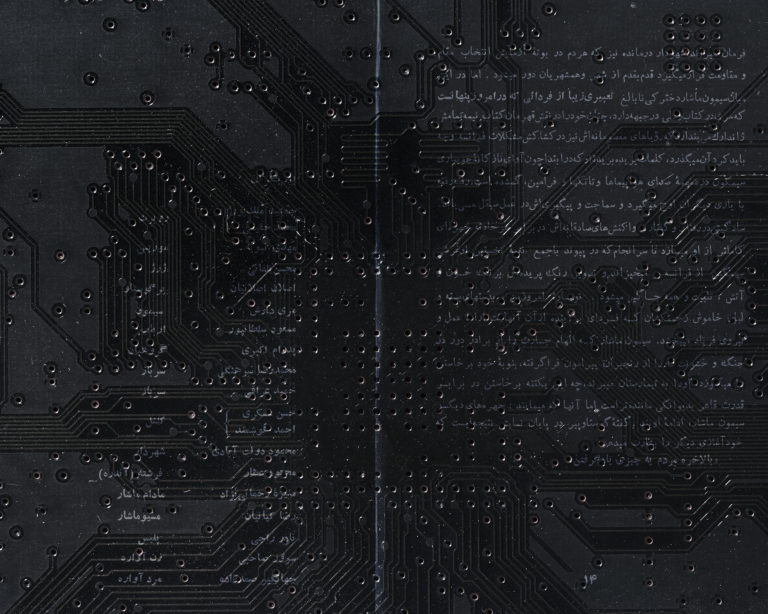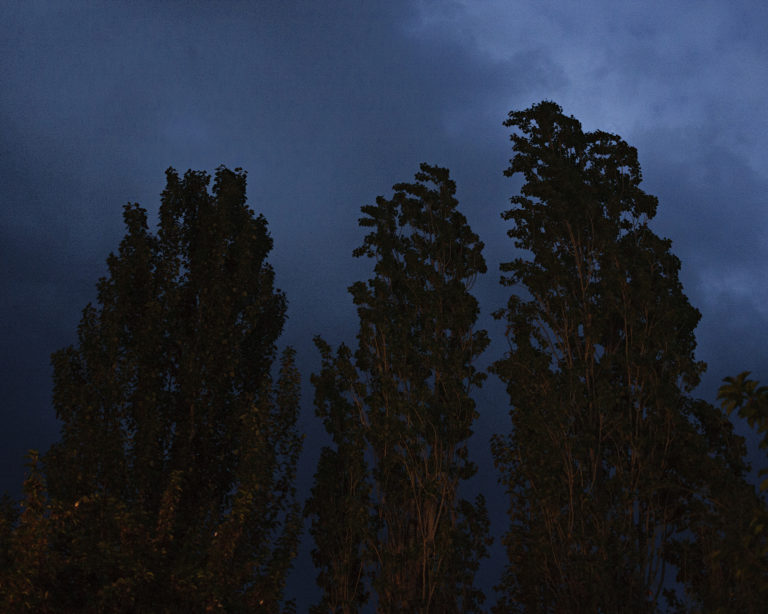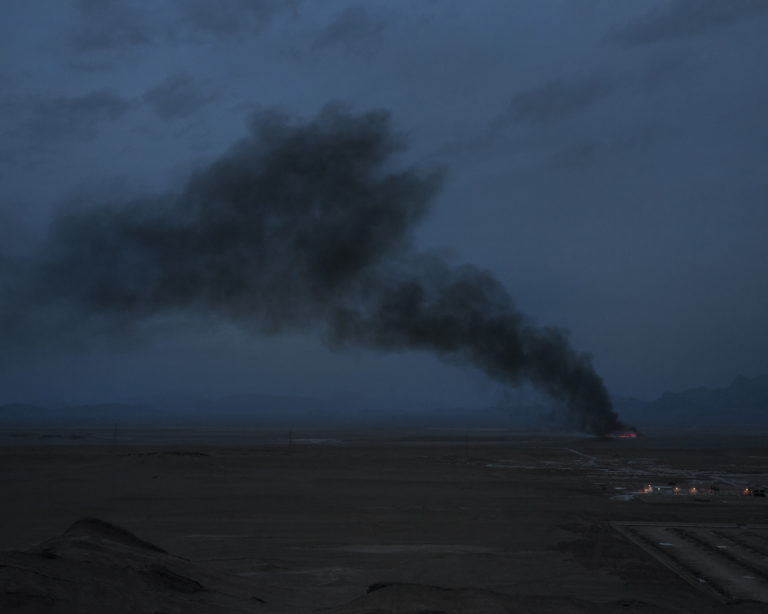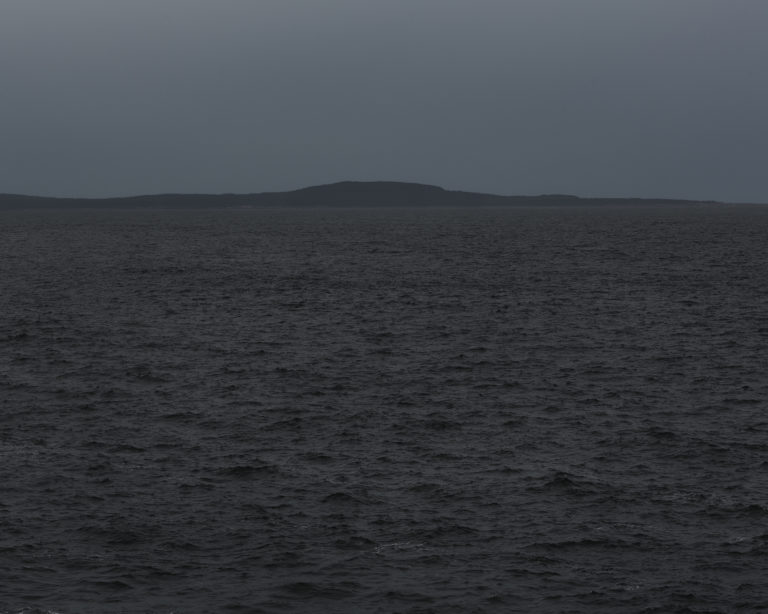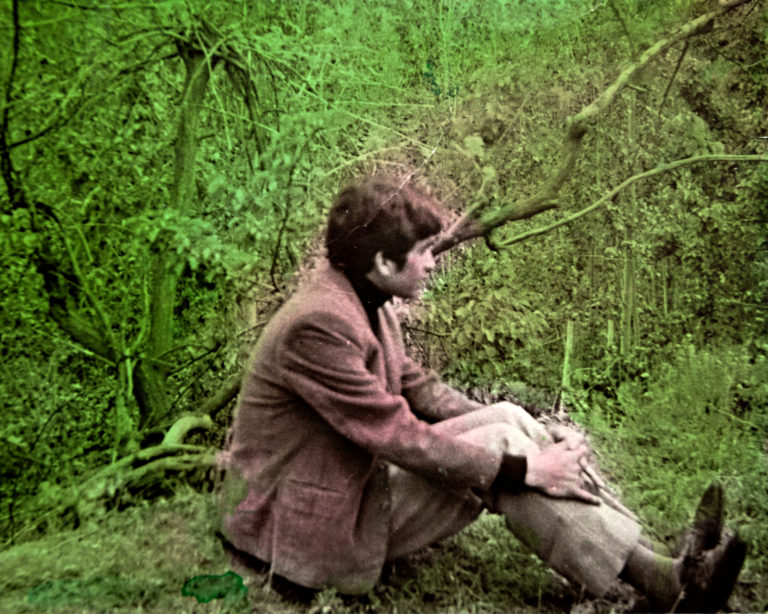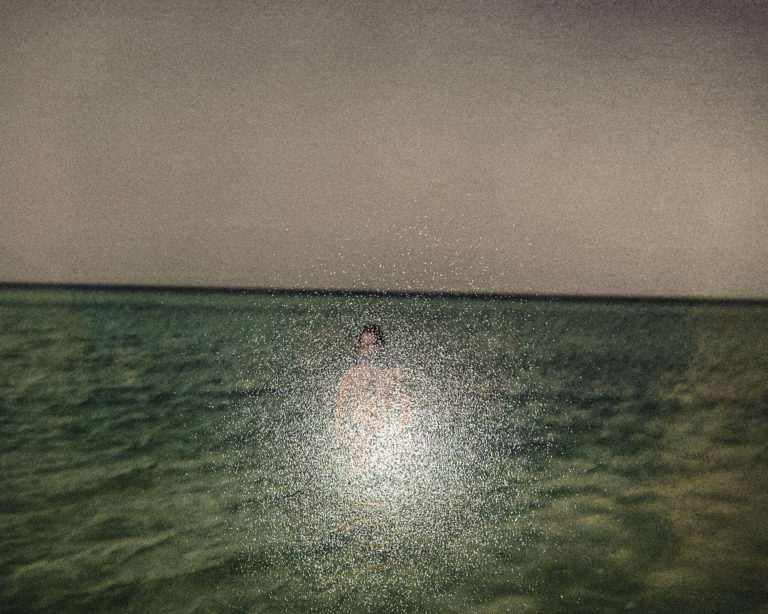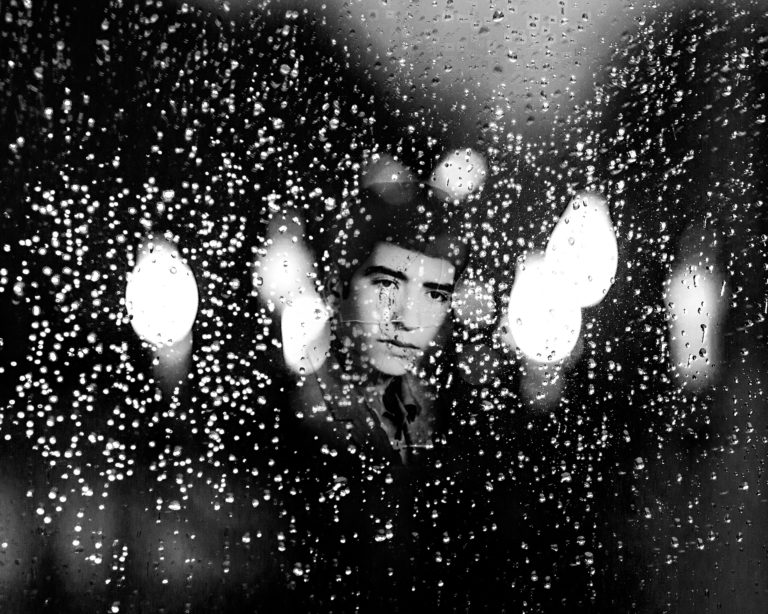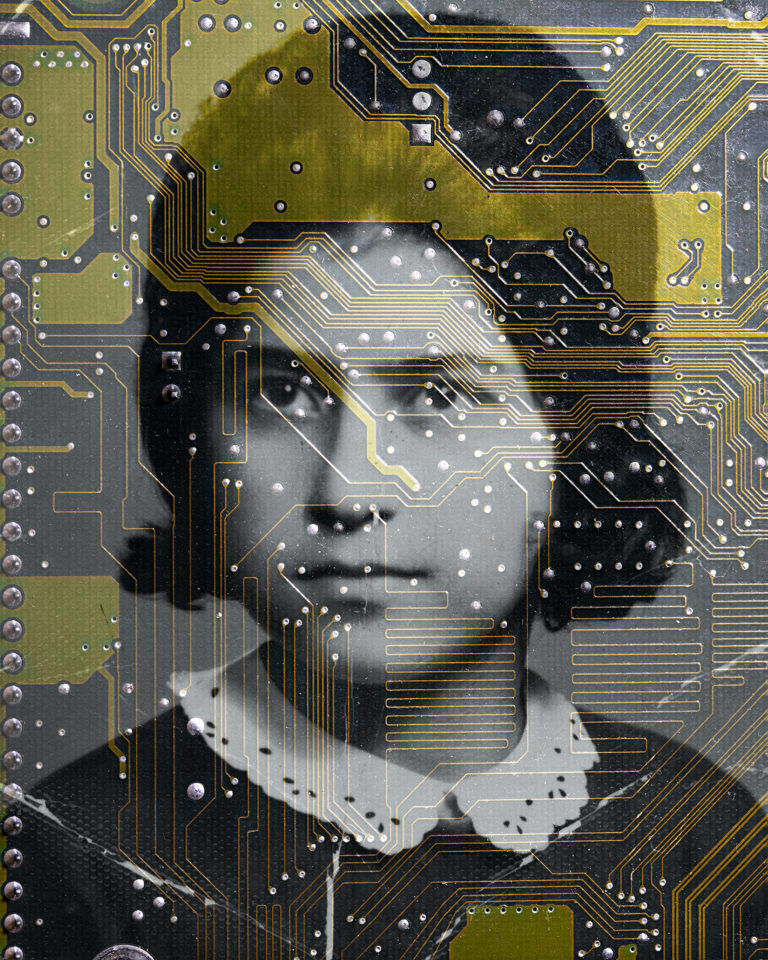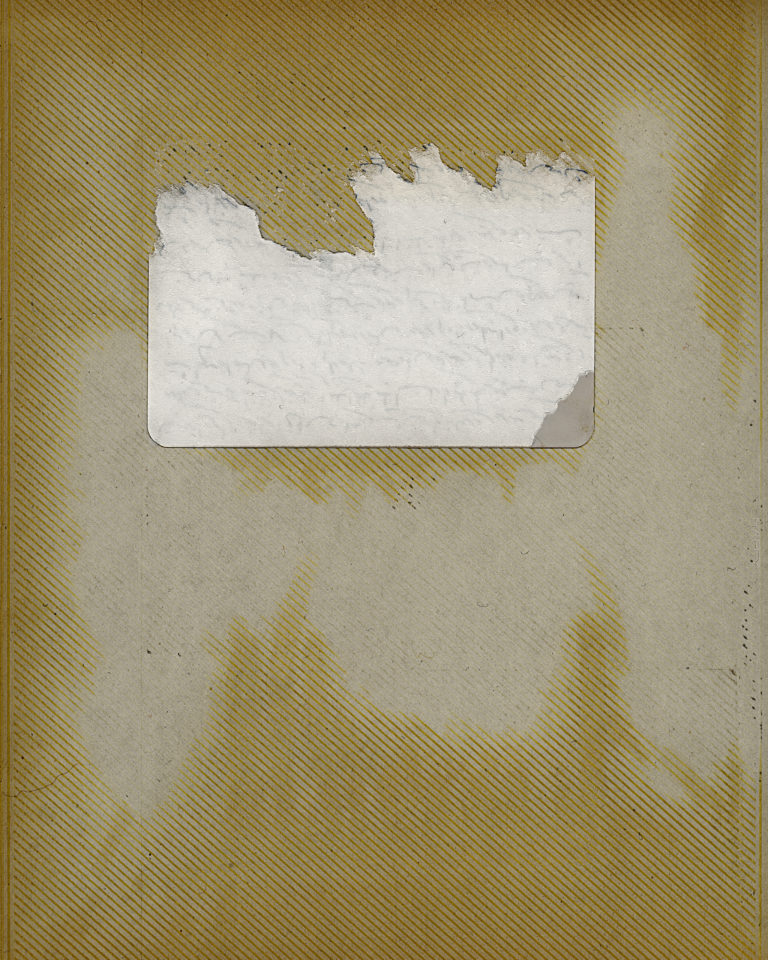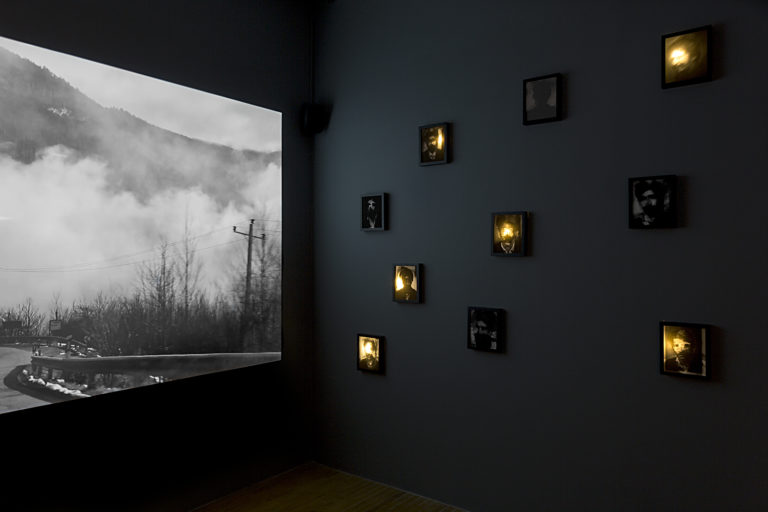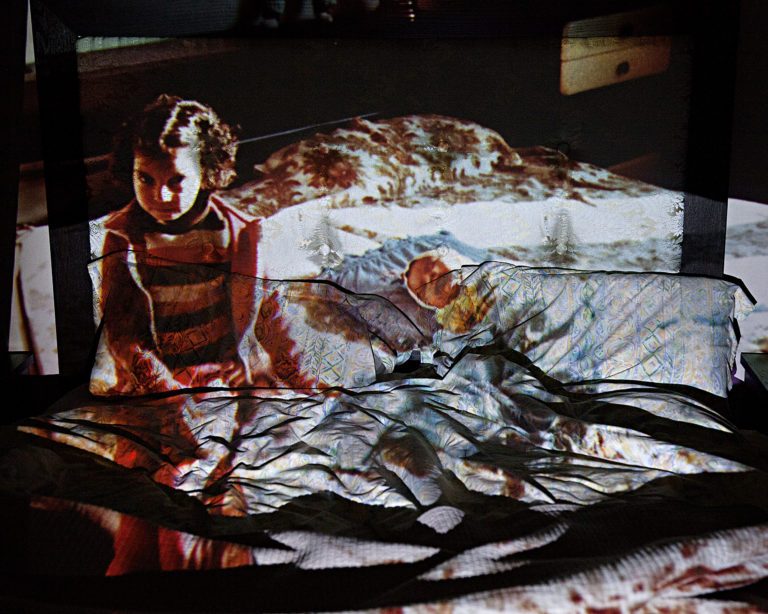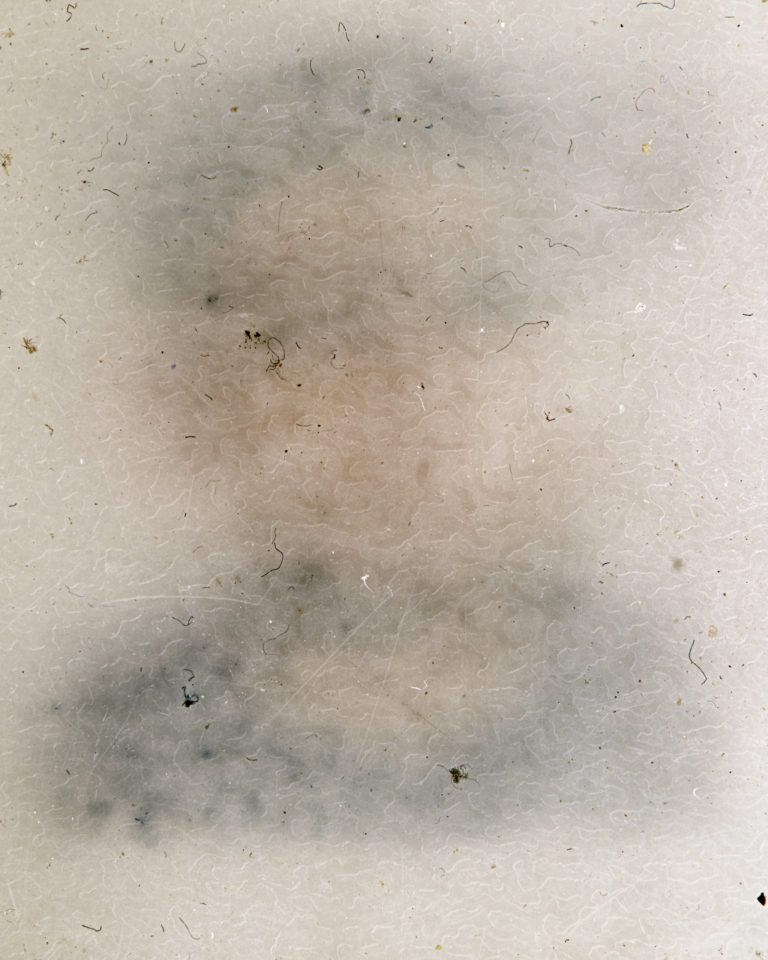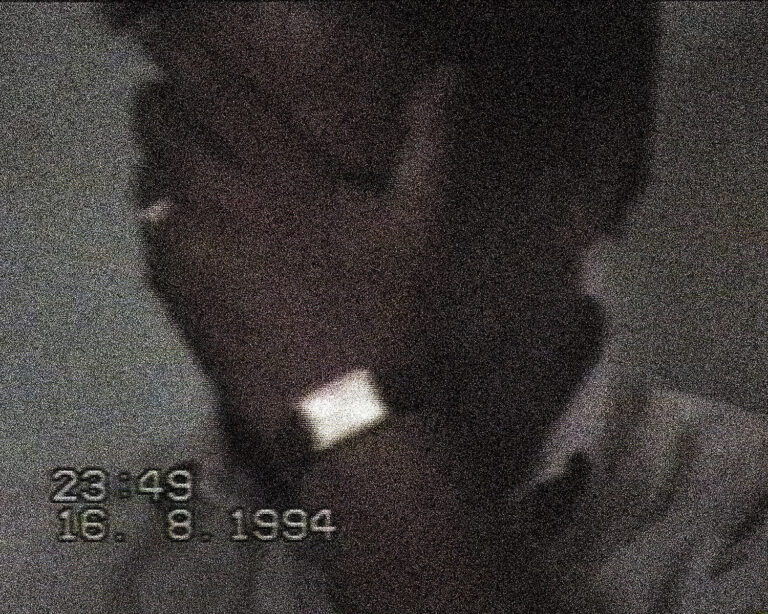“This Place Looks Like a Paradise; This is Paradise”
When a father dies before his time, he remains for his son an eternal shadow, and an unstable memory that fades. The unresolved tension between remembering and forgetting keeps constant company with the present.
My obsession with remained photograph of my father, and with the reality that one never fully knows one’s parents, led me to this project: “This Place Looks Like a Paradise; This is Paradise.” A quote extracted from found family footage.
I selected my family archive taken before and after Islamic revolution in Iran as my window of time. The era when pervasive social fear and anxiety were palpable. I integrate my personal photographs with remained archive in relation to examine the nature of the photographic medium, particularly that of personal and family archive related to history, memory and records. I found remnants of photos that left imprints intentionally ripped off the page, my father’s mystical phonebook which I proceeded to call each person listed in it, and a play by Brecht which he acted to support the activist and director who later executed few years after the revolution. I chose photos taken in this particular time frame because of distinct imbalance between what the photograph depicts on the surface and memories of bitterness he hid for years to protect his family.
To create this work, those vanished moments captured on film and digitally are tangible and have become unique resources to build my elliptical narrative. I re-imagine and interpret his life by looking closely through the archives. I am making this work based on the real stories that come before and after revolutions regardless of location in the world.
Just before my father’s death, he woke from a dream and spoke a few words to me, but I struggle to recall what he said. Since that time, I have been pre-occupied with imagining his last dream. I search through fragments of personal and family archives, moments that emerge from thinness and banality of one’s trace. I travel the roads we drove when I was young. I visit the places where he was photographed, strong and alive.
A photograph can be a tool we use to remember a face, or a familiar place we believe we once understood. By the act of superimposing and reproducing images I seek to highlight a mixture of isolation and intimacy, past and present identities, solitude and connection. These photographs demand the viewers to see not with presumptions of family photograph that can taint our memory but as constructed pictures and how does self-censorship affect our personal history?
I seek to reveal the most distant place to explore idiosyncratic forms of memory. The subject is disappearance; its permanence and totality. I cannot find my father, a man who loved the ocean, a man who feared the ocean.
